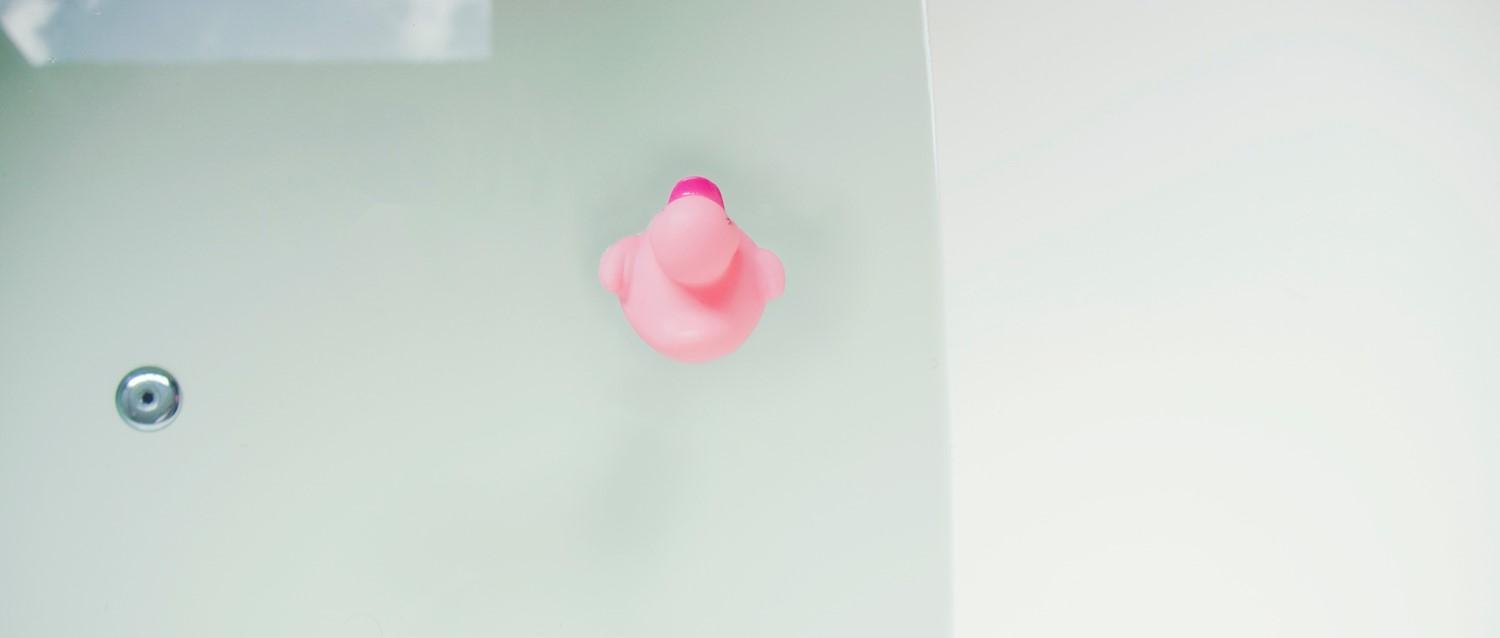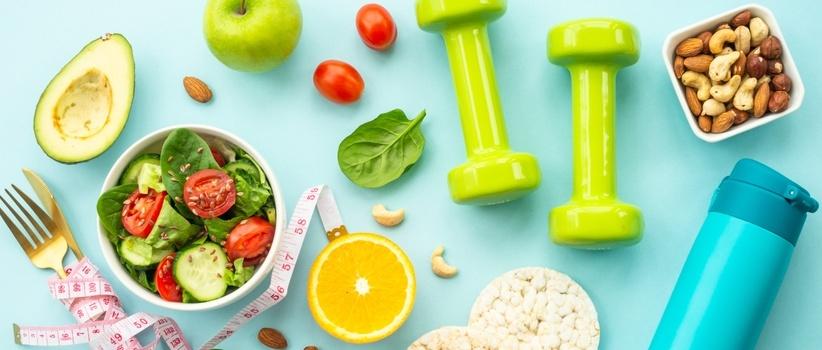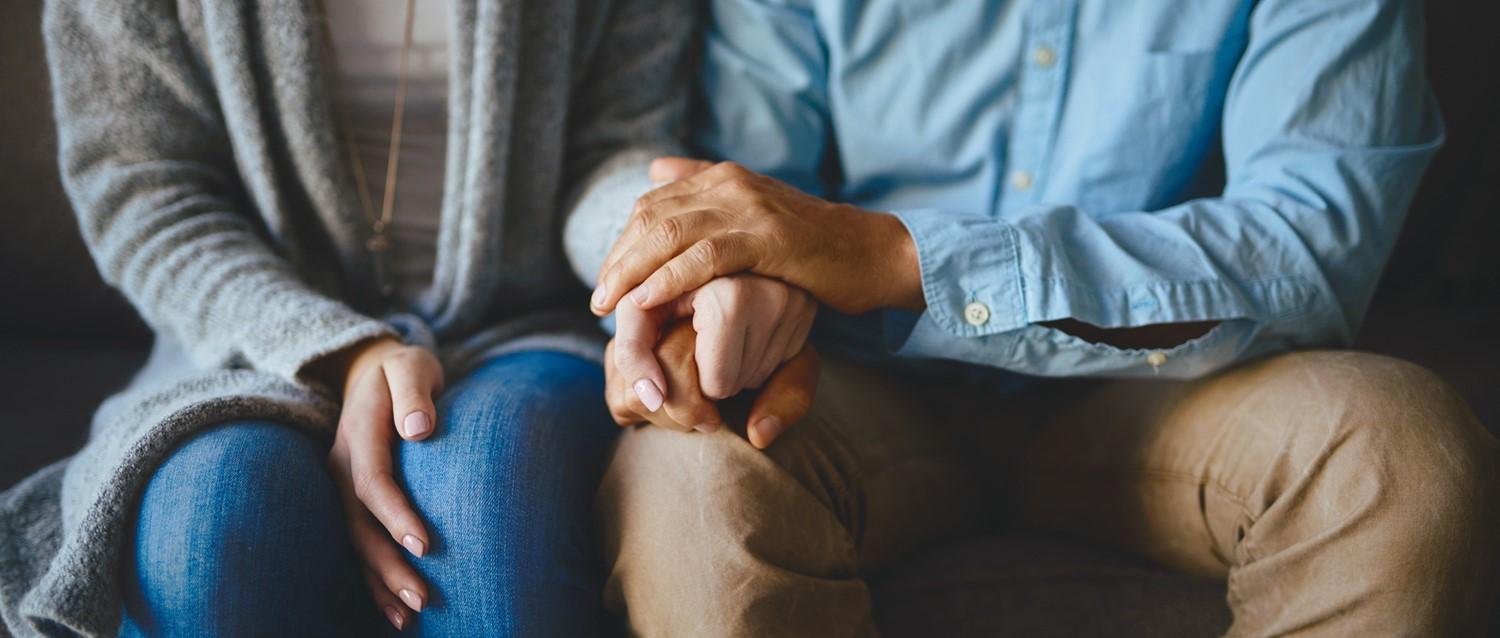
Cancer myths you need to stop believing
Peer reviewed by Dr Colin Tidy, MRCGPLast updated by Dr Sarah Jarvis MBE, FRCGPLast updated 12 Oct 2018
Meets Patient’s editorial guidelines
- DownloadDownload
- Share
- Language
- Discussion
As if we didn't have enough to worry about, every day seems to bring a new scare story about cancer. But here are the myths you really don't need to be concerned about.
In this article:
Cancer scare stories are never too far away from the headlines these days. But that's mostly because people can make almost any claim they want on the internet without having to provide proof, and these stories pass like wildfire among well-meaning friends and acquaintances through email and social media. Before you know it, a story invented by an unscrupulous company wanting to sell more of its 'safer' or 'chemical-free' product is being quoted as hard fact. Here we explode some of the most common myths.
Continue reading below
Bras and deodorant
Claims that antiperspirants or underwired bras cause breast cancer have been circulating for nearly 20 years. But don't worry - you don’t have to smell (or be unsupported) to be healthy! There's no evidence to show that either item causes breast cancer.
The theories are that antiperspirants stop your body getting rid of 'toxins'; or that chemicals get into your lymph nodes through your sweat glands; or that bras block the lymph channels which help you fight off cancer and infection. In fact, there is no evidence - or any anatomical or medical basis - for any of these. Although more than half of breast cancers are in the quarter of the breast closest to the armpit, this is because that is where most of the breast tissue is.
Bubble bath
Sodium lauryl sulfate (SLS) is widely used in bubble baths, shower gels and shampoos. A few years ago, I had so many patients worried about this ingredient that I asked my local pharmacist to look into it. He tracked down all the original 'research' to a single website and rang the 'author' in America, who claimed he had never done any such work and his name was being taken in vain on the internet by companies who wanted to sell 'natural' bath products! In fact, there are no studies suggesting it has any cancer-causing effects.
SLS is a very effective detergent - so good that it's used at higher strengths in industrial cleaning products. Not surprisingly, it can cause skin and eye irritation, especially at high concentrations. If you have particularly dry skin or hair, you may want to avoid this ingredient, but there is no evidence it causes any kind of cancer.
Continue reading below
Microwave ovens
Some people believe it's dangerous to microwave food in plastic containers. But this old chestnut has been carefully investigated by the Food and Drug Administration in the USA, who have found that any minuscule amounts of plastic which dissolve while heating food are well within safe limits.
They also looked into claims that plastic containers are made with dioxins, which have been linked to cancer. But microwave manufacturers - and those of us who use them for convenience - can rest easy. There are no dioxins in any plastic containers or clingfilm food wrapping.
And three you might want to think about?
Mobile phones
Most studies looking at mobile phone use - including a huge one of over 400,000, of whom 50,000 had been using mobiles regularly for more than 10 years - didn't find any link between using mobile phones and getting cancer.
One study, however, has suggested that using mobiles long-term (for more than 10 years) might increase your risk of a non-cancerous tumour of the hearing nerve (called an acoustic neuroma) and a rare but nasty brain cancer called a glioma. The evidence certainly isn't strong enough to persuade me to throw my mobile away. However, you may want to limit your time chatting on your mobile, or use a headset that keeps the antenna away from your brain.
Talcum powder
Talcum powder is an unlikely candidate for world news headlines - but that's exactly what happened in 2016 after Johnson and Johnson was ordered to pay an American woman who developed ovarian cancer more than £40 million in compensation.
A study looking at 4,000 women (half of whom had ovarian cancer) concluded that using talc was associated with a 33% higher risk of developing the disease - with a trend for increasing risk depending on how long, or how often, women used it for. But the study had a number of flaws, and the number of women affected was very small - even among those at highest risk, there were just 41 cases of ovarian cancer over 24 years.
If you have used talcum powder in your nether regions in the past, you certainly shouldn't panic. But until we know more, I would suggest erring on the side of caution. Apart from feeling just a bit more sweaty, there are no known risks from avoiding talcum powder - and I'm a firm believer in better safe than sorry.
Pesticides
There have also been lots of scares about pesticides in foods, causing cancer. This dates back to the very strong chemicals used decades ago on crops.
These days, pesticides are carefully monitored, and national guidance is that, even if there were any tiny risk, it's hugely outweighed by the benefits of eating fresh fruit and veg. But, just to be on the safe side, do wash your five-a-day well before you eat them.
Patient picks for Information about cancer

Cancer
8 tips to help reduce your cancer risk at any age
Cancer in people under 50 has been increasing since the 1990s - and has risen by 79% over the last thirty years. Changes in diet and other lifestyle factors are playing a big part in this rise. We explore the lifestyle habits thought to be most important in reducing your risk of cancer.
by Lawrence Higgins

Cancer
Supporting a loved one with a cancer diagnosis
Dealing with a cancer diagnosis can be tough at the best of times, but even more so in the current climate. If a friend or family member is diagnosed or undergoing treatment during this difficult time our instincts will be to help. But with visits possibly out of the question, how can we offer appropriate support without risking a loved-one's health?
by Gillian Harvey
Continue reading below
Article history
The information on this page is peer reviewed by qualified clinicians.
12 Oct 2018 | Latest version

Ask, share, connect.
Browse discussions, ask questions, and share experiences across hundreds of health topics.

Feeling unwell?
Assess your symptoms online for free
Sign up to the Patient newsletter
Your weekly dose of clear, trustworthy health advice - written to help you feel informed, confident and in control.
By subscribing you accept our Privacy Policy. You can unsubscribe at any time. We never sell your data.